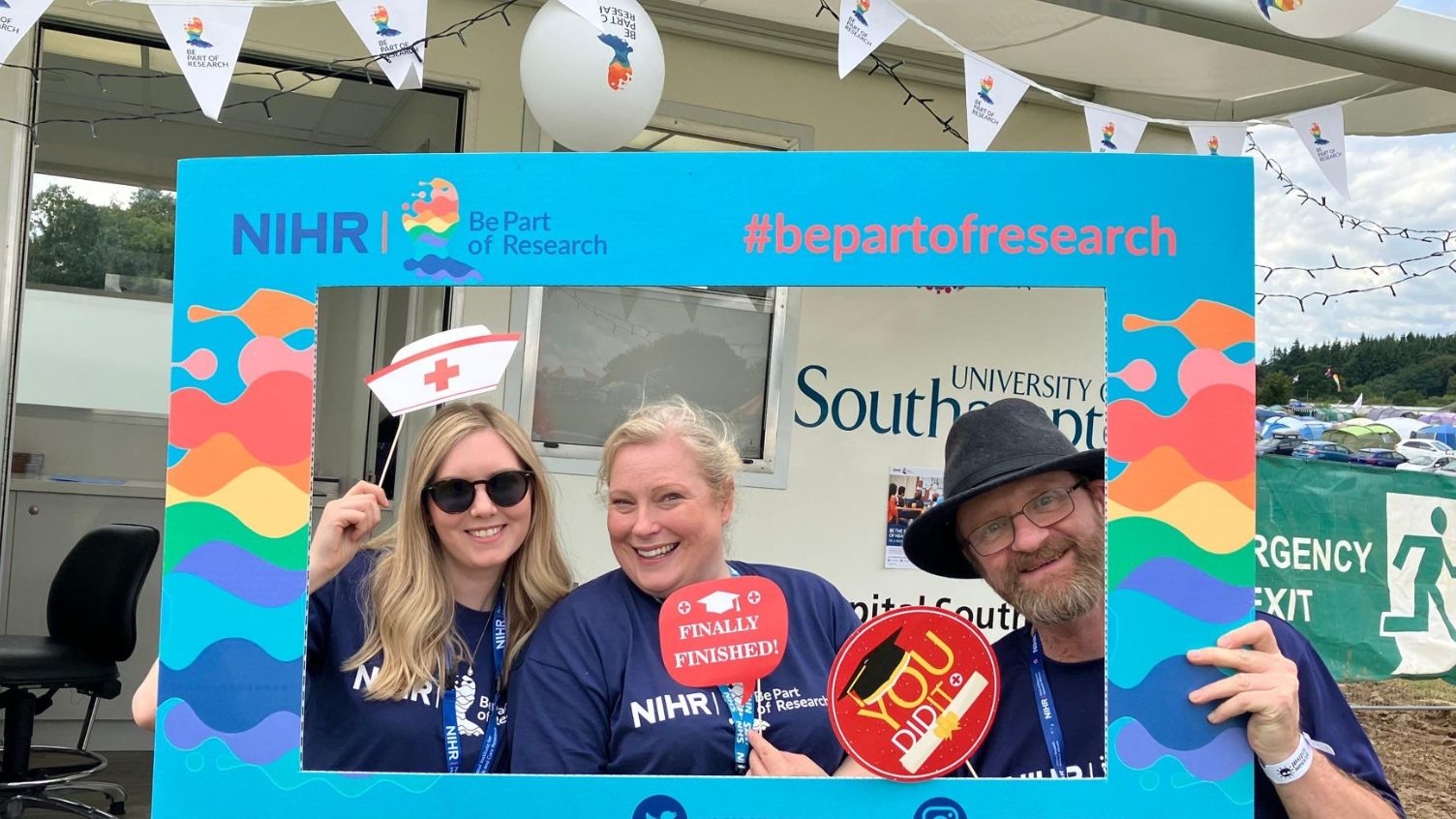The ever-evolving role of Pharmacy Technicians in research
- 28 July 2021
- 3 min read
Jenny Warmington reflects on the important role of Pharmacy Technicians in research
Marking an important anniversary in the evolution of the role of Pharmacy Technicians
By Jenny Warmington, Senior Pharmacy Technician
To mark the 10 year anniversary of Pharmacy Technician registration (1 July 2021) I wanted to reflect on the important role of pharmacy technicians in research.
I myself qualified as a Pharmacy Technician back in 2001. Over the last 20 years my job role has evolved beyond anything that a 20 (something) year old, newly qualified me would have thought was possible.
Our profession has moved away from an unregulated (mainly) dispensing role to become registered medicines management specialists who are able to lead in our chosen area of expertise. This has allowed other pharmacy professional roles to evolve alongside Pharmacy Technicians, resulting in a pharmacy revolution in healthcare!
I vividly remember the first time I dispensed a clinical trial prescription. Still very newly qualified, I was handed an outpatient prescription and told to fill in a folder in the office at the back of the dispensary. The folder had a post-it note on the front telling me to "fill in the log in section 2 and dispense the allotted number bottle from the shelf". I did as I was instructed and that was that.
I had no understanding of what I was dispensing, the significance of my actions or the importance of clinical research. I definitely did not know what Good Clinical Practice (GCP) was.
I, alongside my dispensary colleagues, used to do a little pile shuffling when it came to dispensing prescriptions - trial prescriptions were something to avoid (alongside those for syringe drivers).
In July 2011, mandatory registration for pharmacy technicians (with the GPhC) came into effect. Registration before this time was voluntary.
This was a game changer for the whole pharmacy profession. In terms of research, pharmacy technicians moved away from their dispensing roles and began to lead services. They began to work closely with departments outside of pharmacy (such as Research & Development) and were quickly recognised as the medicines management specialists that they are today. The delivery of Clinical Trials of Investigational Medicinal Product (CTIMP) studies changed too, with pharmacy technicians taking the lead in some Trusts and pharmacy assistants supporting research delivery. This allowed pharmacists to spend time in roles such as prescribing, taking clinics and developing CTIMP protocols.
In writing this blog, I asked my pharmacy colleagues to tell me about their roles and responsibilities within research. I was astounded at the response. Each role was unique to the Trust and it was clear to see that the delivery of the Urgent Public Health badged studies over the last 12 months had seen even more innovation and development of our roles.
These are just a handful of the diverse roles that pharmacy technicians do:
Managing Trust-sponsored studies at multiple sites
Writing IMP management sections of the study protocol for Trust-sponsored studies
Taking part in Trust inspections (such as MHRA inspections)
Identifying potential trial patients in clinics (for example)
Accuracy checking of prescriptions
Managing priority of workload (with input from R&D)
Managing the team within pharmacy (pharmacists, pharmacy technicians and assistant technical officers)
Managing the study set up process including feasibility assessing studies
Liaising with the other non-pharmacy members of their research team within their Trust
Creating content and deliver training
Reviewing costings for commercial studies or identifying cost pressures for non-commercial studies
Setting up studies themselves
Attending Site Initiation Visits
So you can see the impact of Pharmacy Technicians in research is substantial and directly impacts on patients having access to the right research for them.
Pharmacy technicians' roles are incredibly diverse and are constantly evolving. I encourage my research colleagues both within and outside pharmacy to think about the added value pharmacy technicians could bring to research within their Trusts by making small changes and challenging the roles in their teams. For example, is there a study that the Trust is struggling to recruit to, could someone from pharmacy be well placed to help identify potential patients or is there a study in a clinic that is high risk because of complex manipulations, could a Pharmacy Technician add value to that team and enable the research to happen?
Pharmacy Technicians' role in research is a space that's filled with potential and opportunity for the future, we just need to recognise the potential and create that opportunity.


